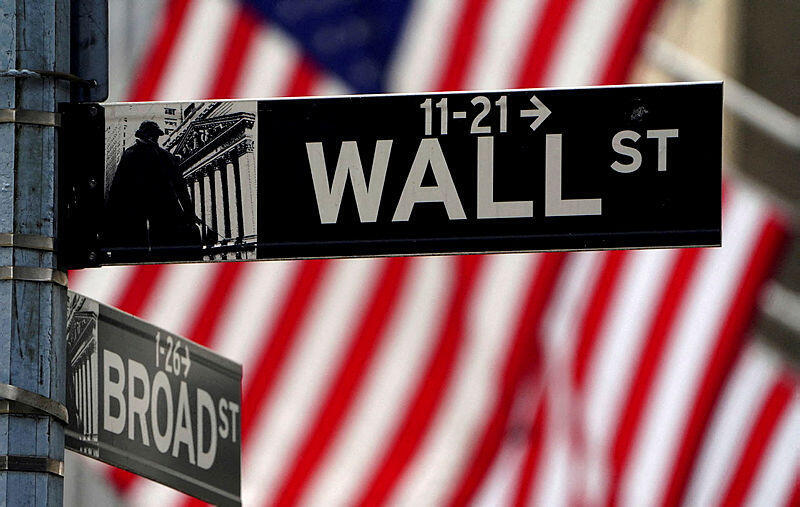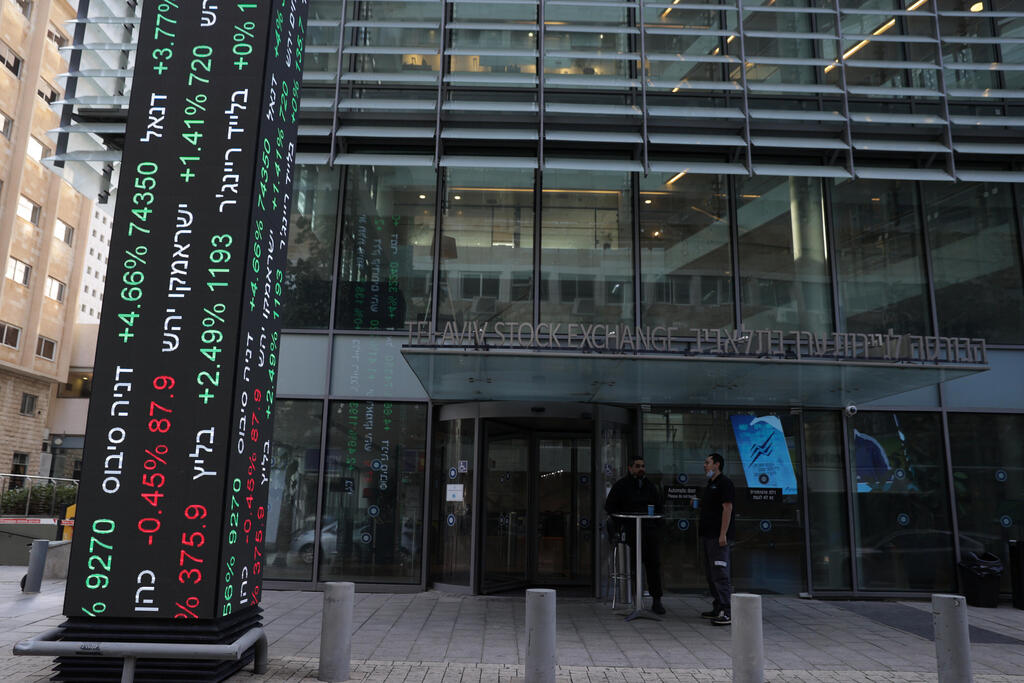Israeli investors are preparing for increased market turbulence following U.S. President Donald Trump’s decision to impose new tariffs on Canada, Mexico, and China—25% on the first two and an additional 10% on the latter. The move has dashed hopes for a negotiated resolution to trade disputes and has already prompted retaliatory tariffs from Canada and China.
While the global economic impact remains uncertain, Israeli investment managers warn that heightened volatility in U.S. and global stock markets could have direct consequences for local investors. "The honeymoon between investors and Trump has ended on a sour note," said Yotav Kostika, co-CEO of More Mutual Funds.
"Trump’s overall approach, and the tariff policy in particular, will have a profound impact on the global economy. If in January we thought most disputes could be resolved through negotiation, the rapid succession of events—such as Trump’s confrontation with [Ukrainian President Volodymyr] Zelensky—shows he is determined to bring change, and that change comes with uncertainty, which investors dislike. Trump will likely deliver positive results, but the road will be bumpy."
Israeli stock market faces pressure
Kostika noted that while the Tel Aviv Stock Exchange has demonstrated resilience in the past, it will be difficult for Israeli markets to remain unaffected by the negative global sentiment triggered by Trump’s tariffs. "Locally, we’re seeing a shift in savings patterns," he added. "There is a selloff of mutual funds investing in foreign stocks, while funds focused on Israeli equities are attracting more interest. Many Israeli investors are reshuffling their portfolios in response to the declines in U.S. markets."
Get the Ynetnews app on your smartphone: Google Play: https://bit.ly/4eJ37pE | Apple App Store: https://bit.ly/3ZL7iNv
Yossi Lev, acting CEO of Peilim Investment Portfolio Management, warned that the tariffs could slow global economic growth and drive up prices. "It doesn’t end with the tariffs themselves," he said. "If an imported product becomes more expensive due to tariffs, local manufacturers will raise their prices accordingly. That’s why this move is triggering sharp declines in stock markets."
Lev suggested that Israeli stocks could benefit from the situation, as the country is not directly involved in the tariff dispute. "Israel isn’t part of the tariff battle," he explained. "On the surface, this should give us an advantage, since our goods won’t be subject to new duties. That’s something investors should keep in mind."
S&P 500 exposure poses risks for Israeli investors
The turbulence could also shake up Israeli savings and pension funds, as a significant portion of Israeli investments are tied to U.S. markets. According to Calcalist, over 250 billion shekels (approximately $70 billion) are invested in S&P 500 index-tracking products. The index dropped 1.8% at the start of the week following Trump’s announcement, marking its worst day in 2025. Since the beginning of the year, it has declined by about 0.5%.
Eran Goldring, chief investment officer at Analyst, warned that the tariffs could shave up to 0.3% off U.S. GDP and hurt industrial profitability, contributing to market declines. Israeli technology stocks with significant U.S. exposure, such as Nice, Nova, and Camtek, have already seen sharp drops.
Looking ahead, Goldring said there are signs of a slowdown in new investments into S&P 500-linked funds, with some investors opting to revert to traditional investment paths. "This trend has been noticeable for a month or two," he said. "Will there be a mass exit? It’s hard to say, but probably not, since the S&P 500 remains a global benchmark. The lower it drops, the more attractive it becomes for long-term investors."
Or Poria, chairman of Poria Finance, believes S&P 500 investors could face a particularly challenging period. "When the market is overvalued, all it takes is a trigger for a decline, and the tariff announcement was that trigger," he said. "The index is currently too expensive, offering a return comparable to risk-free assets at just over 4% per year—but with the high volatility of an equity index."
Poria cautioned that many Israeli investors who have poured money into S&P 500 funds over the past year have suffered losses. "People assume this is a foolproof investment and that the entire asset management industry is obsolete compared to it," he said. "What they don’t realize is how exposed they are to extreme volatility and currency risks. The S&P 500 isn’t cheap, and this correction is likely to continue, putting them at significant risk."



